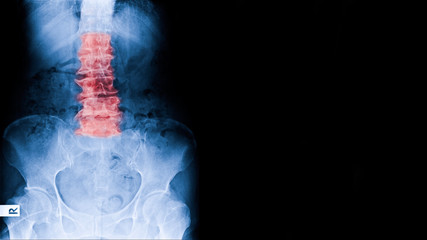Internal injuries are common after a car accident, so being able to identify the signs and symptoms is crucial in ensuring your health and well-being. If left untreated, internal injuries can cause long-lasting damage or even death. It is important to understand the common types of injuries you can sustain in an auto collision, as well as how you can recover compensation for your associated medical expenses and other costs. A Sussex County car accident lawyer can help you better understand your legal rights and options in the aftermath of a crash. Reach out to a skilled attorney today.
What is an Internal Injury?
An internal injury is any damage to the interior of the body. Because these ailments are generally not visible from the outside, they are often undiagnosed and overlooked by both the injured party and medical professionals. These types of hidden injuries can be caused by blunt, decelerating, or penetrating trauma.
Blunt trauma is the culprit of many injuries in a car accident, both internal and external. This type of damage is caused when a part of the body forcefully collides with another object, like the steering wheel, dashboard, seat, etc.
Decelerating trauma occurs when the body’s internal organs continue moving forward even though the body has come to a stop. This is common in car accidents when the individual is traveling at high speeds and abruptly stops because of the accident. The brain, heart, lungs, and other internal organs may continue their trajectory, causing internal trauma.
Penetrating trauma happens when a foreign object punctures an individual’s skin, resulting in a laceration or puncture wound. The object could have pierced an organ or caused significant damage.
What Are the Most Common Internal Injuries After a Car Accident?
Some of the most common internal injuries that are sustained in a car accident include the following.
- Spinal injuries/herniated discs
- Broken ribs
- Ruptured spleen
- Rupture of the abdominal aorta
- Collapsed lung
- TBI (traumatic brain injury)
- Internal bleeding
- Liver damage
- Kidney damage
These injuries are often sustained as a result of auto accidents and the trauma that accompanies them. If left untreated, these ailments have the potential to cause serious and long-lasting damage.
How Can I Identify the Signs of Internal Injuries After a Car Accident?
Even if you feel perfectly fine, you should still seek medical attention after being involved in a car accident. A doctor or other medical professional can diagnose you with internal injuries, but it is also important to understand how you can identify the signs and symptoms on your own.
Some common signs of internal damage include:
- Radiating neck or low back pain into the extremities
- Abdominal pain or bruising
- Blood in urine or stool
- Nausea and vomiting
- Shortness of breath
- Dizziness
- Fainting
- Chest pain
- Low blood pressure
- Fatigue
- Feeling cold
- Confusion
- Rapid heart rate
Any of the above could point to an internal injury. It is crucial that you are thoroughly examined for both your physical health and to ensure your legal rights are protected after your accident. Consult with a skilled personal injury attorney for additional help today.



